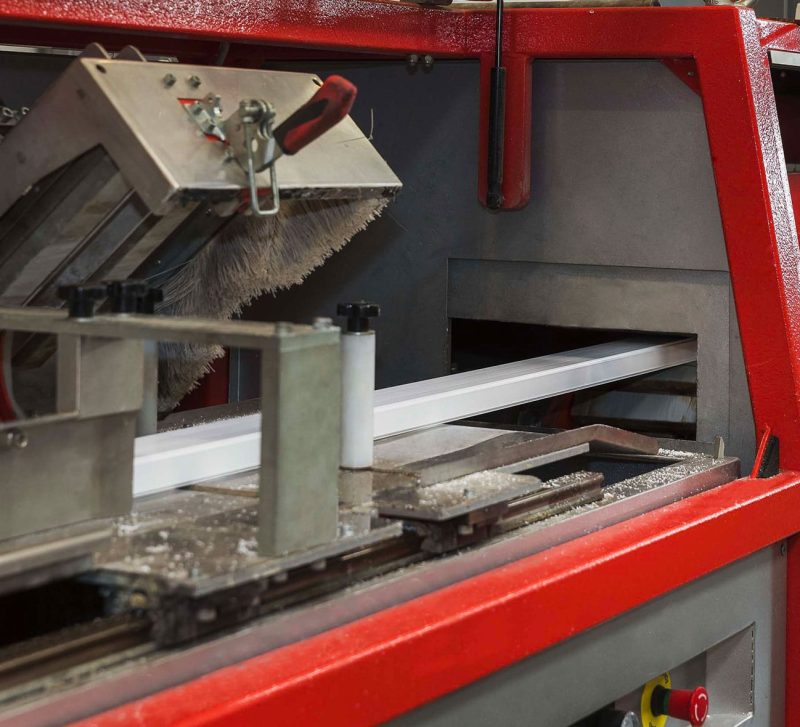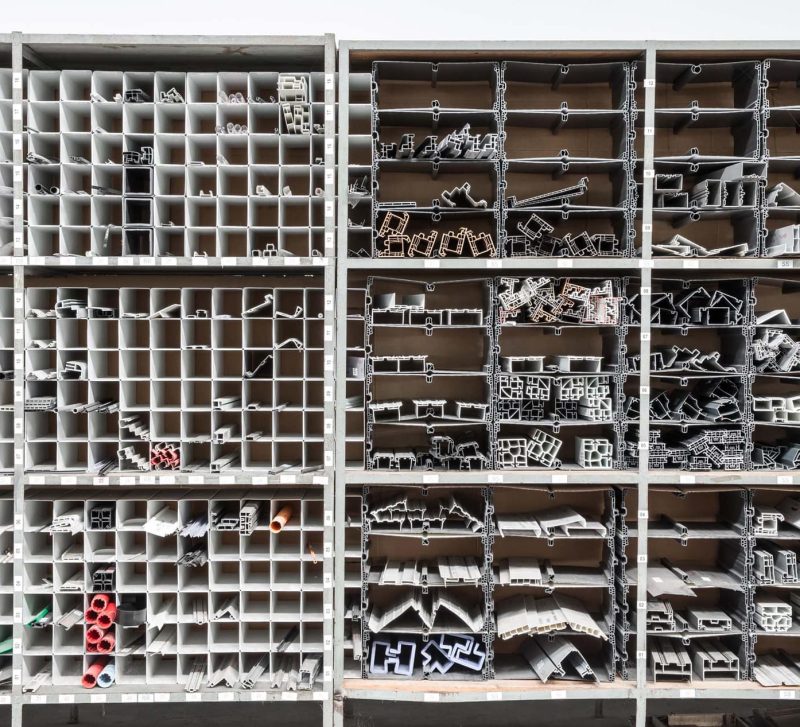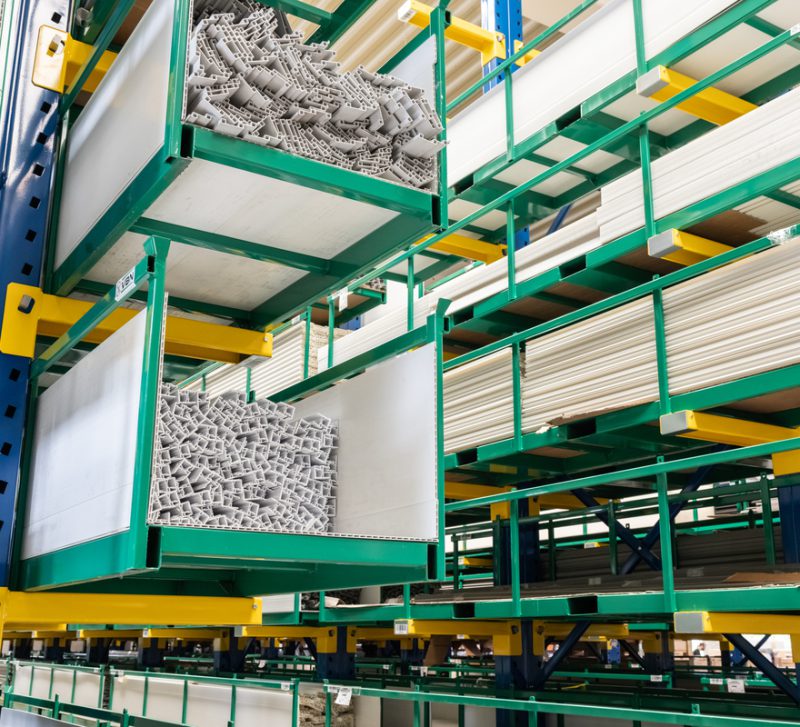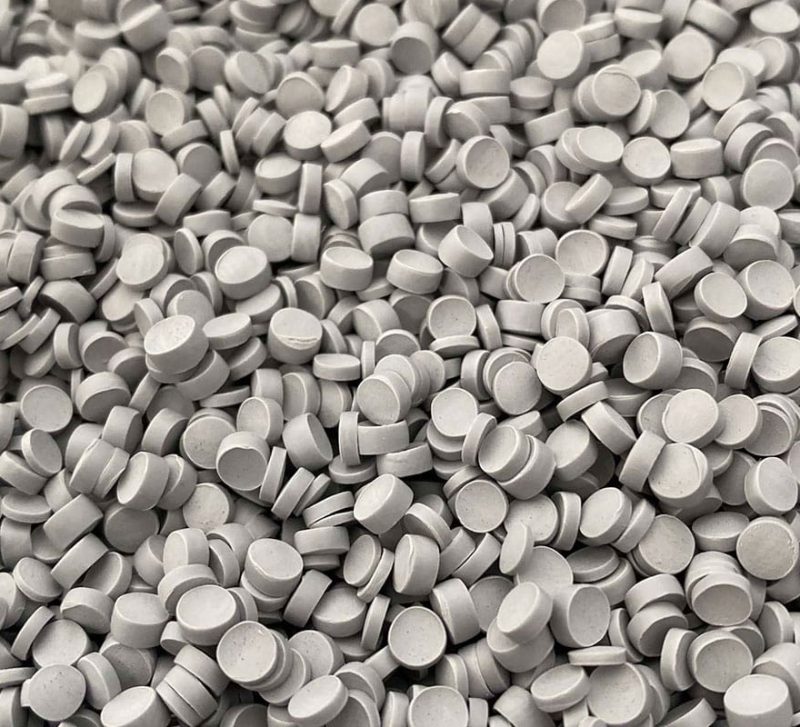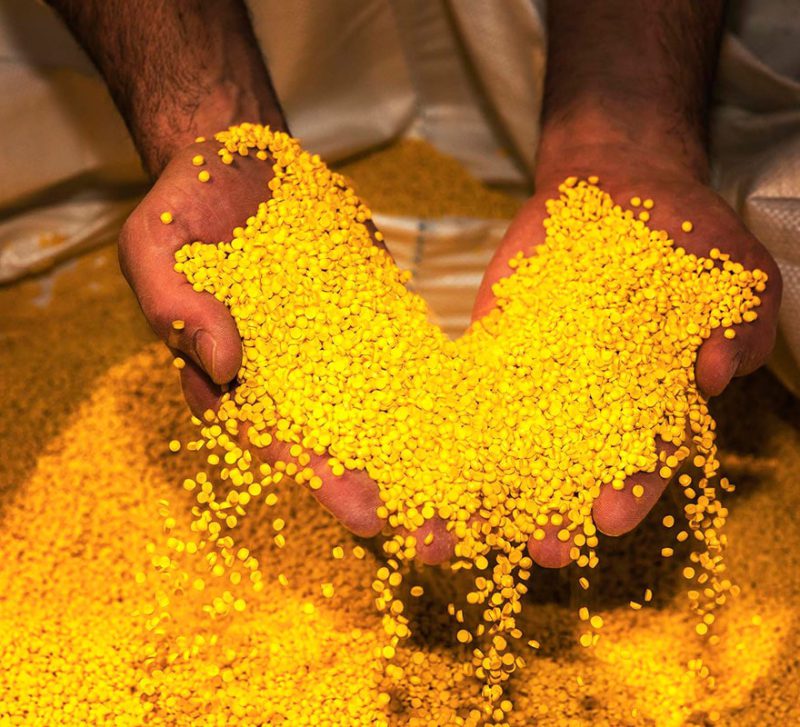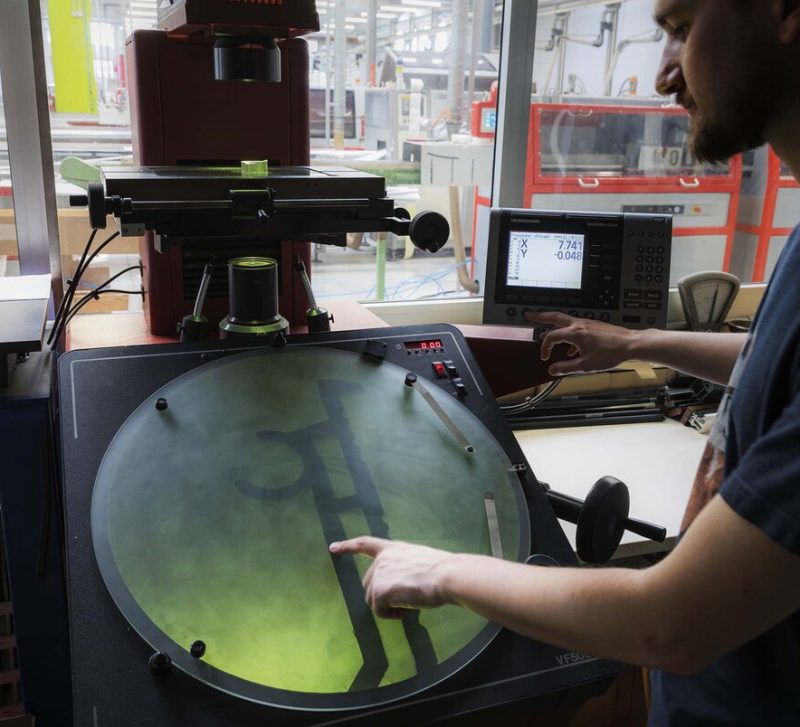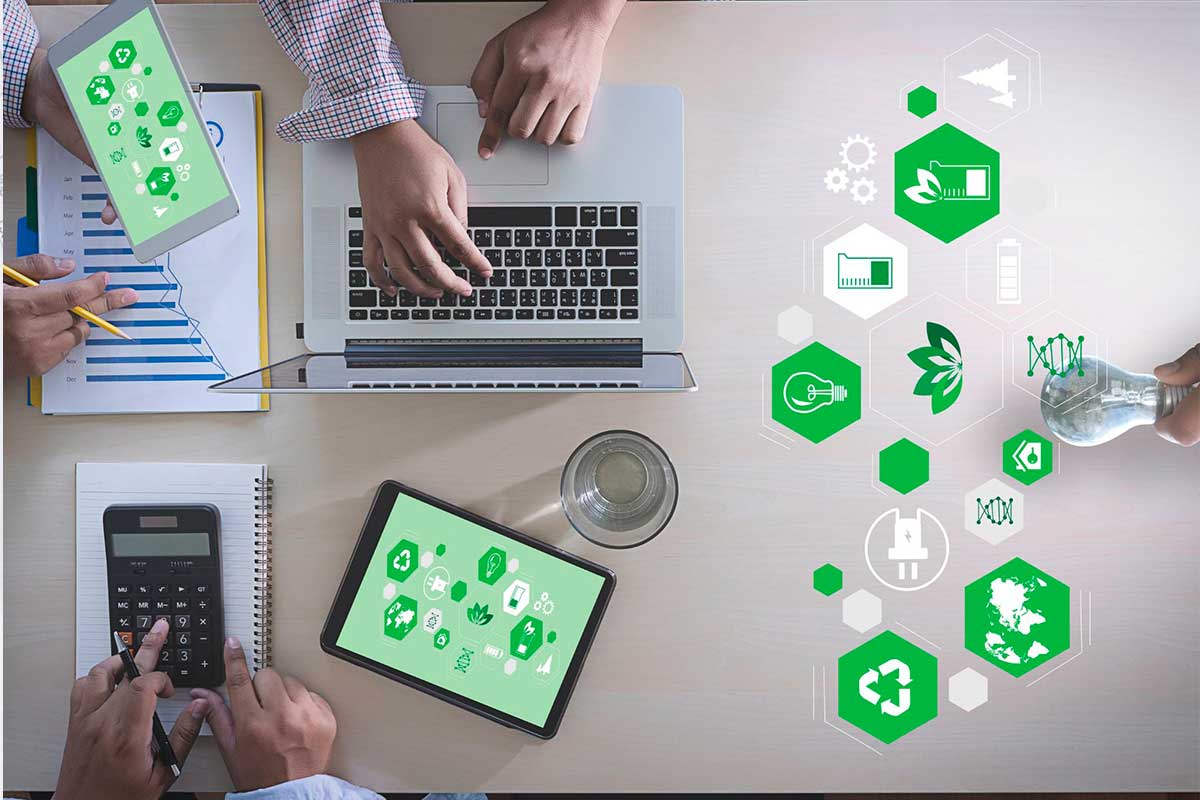
2030 Agenda is an action program for Sustainable Development. On the 25th of September 2015 the 193 UN member states approved a set of guidelines to deal with global challenges that are crucial to the survival of humanity. The program develops in three areas: economic, social and environmental, and is implemented through 17 goals to be achieved by 2030. Everyone must help: governments, individuals and companies. Some of these targets concern in particular the plastics industry. Companies involved in the supply chain and manufacturing of plastic products can play an active role towards ecological transition and sustainable development.
The goals of 2030 Agenda: reducing waste production
One of the goals of 2030 Agenda for a sustainable future is the recycling of waste. The treatment of plastic waste is definitely an achievable priority goal. We are currently producing 300 million tons of plastic a year, nearly 50 kg per inhabitant. Only 10% of plastic is being recycled or reused, while most of the rest ends up in landfills or in the ocean: add to that the nearly 10 million tons of plastic already dispersed into the oceans. According to some predictions, the sea will literally be submerged by plastic. By 2050, the weight of plastic waste ending up in the sea is expected to exceed the weight of all the fish fauna. It is already possible to give a second life to post-consumer plastic and turn it into a resource to make new products. VBN’s processing cycles allow plastics to be reused across multiple fields and industries. In the coming years, research will provide us with additional opportunities to reuse second-generation plastics. Even in developing countries, this production capacity must come together with a greater attention to separate waste collection and the development of new technologies to clean up planet Earth, for example by collecting plastics from the sea.
The goals of 2030 Agenda: switching to renewable energy
If plastic waste pollution is the most obvious problem, climate change is the most serious threat facing humanity in the coming years.
2030 Agenda aims to promote investment in energy infrastructure and clean energy technologies to get us to the point where we can get rid of fossil fuels that are responsible for atmospheric emissions and for rising global temperatures.
Both individuals and businesses are called upon to contribute and switch to green energy sources for heating and electricity.
To implement a more sustainable production, VBN installed a cogeneration and trigeneration system to produce the energy for self-consumption.
This solution allows to power the air conditioning system, keep the production lines running and cool the water used in the plastics processing.
The goals of 2030 Agenda: improving efficiency
A better use of energy resources involves greater efficiency and waste reduction.
2030 Agenda aims to improve infrastructure and sustainably rethink industries by adopting more performing and cost-effective technologies and industrial processes. At VBN we have succeeded in reducing energy consumption and increasing efficiency in plastic extrusion by optimizing the working process and using the latest technology machinery. In the coming years we will make further efforts to make our production system more efficient and sustainable.
